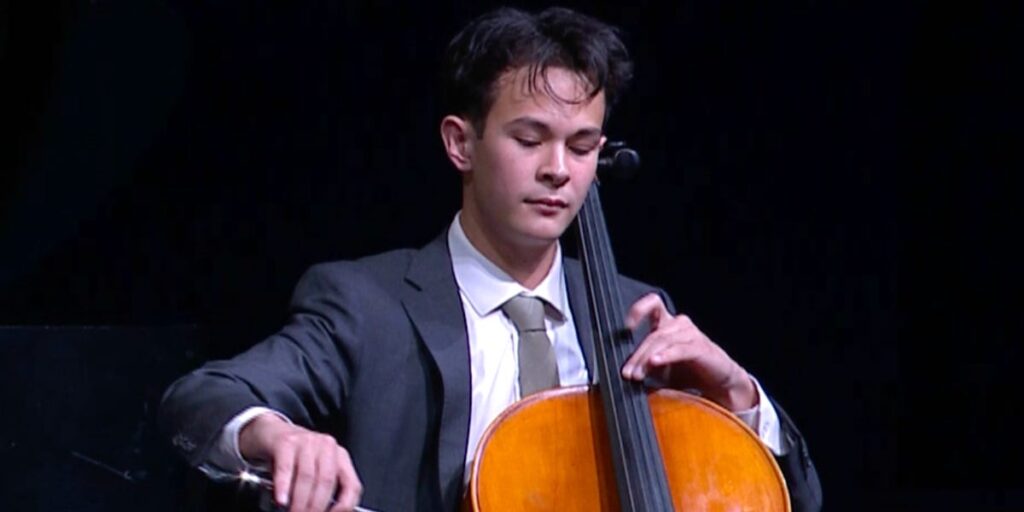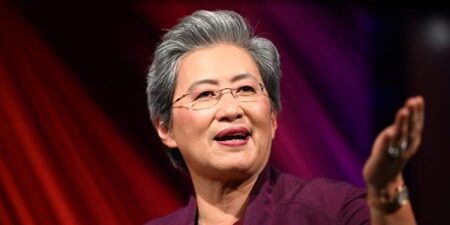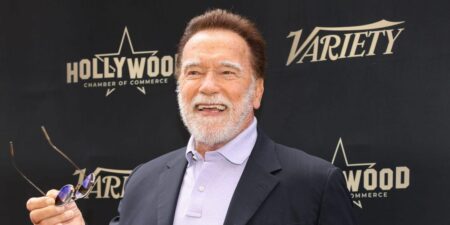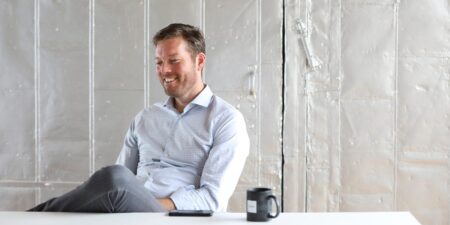This is an as-told-to conversation with Grant Hill, a junior at Brigham Young University, majoring in music and economics. He will intern at Boston Consulting Group in the summer of 2026. This conversation has been condensed and edited for clarity.
When I started college, I never thought I’d end up in consulting. I was a music major playing the cello at Brigham Young University, and consulting seemed like something only economics or finance students did.
That changed when I got a message from someone in BYU’s Management Consulting Association, a group for students interested in consulting. At the time, I was serving as the secretary of the Filipino Club, and they reached out about doing a cultural partnership. As I chatted with club members, I became interested in consulting.
Once I decided to apply for an internship, I realized I had a lot of catching up to do. I didn’t have a business background, so I went all-in on prep between March and June of my sophomore year of college. I used RocketBlocks, a platform for consulting and tech interview preparation, attended Leland bootcamps, and even hired a coach. All in all, I probably spent between 200 and 300 hours preparing.
By the summer of this year, soon after I turned 22, I started interviewing. BCG was the first of the consulting giants to open applications. I sent my materials in July, got an interview, and had an offer in hand by early August.
At first, I thought my music background would hold me back. I even tried to sound more “businesslike” in interviews — using buzzwords I didn’t fully understand — because I thought that’s what consulting firms wanted.
But I realized that wasn’t the best approach.
As a cellist, I spend my days performing under pressure. I know what it feels like to make mistakes in front of an audience and recover from them. I also know how to collaborate. Every day, I perform in small ensembles. I’m constantly adapting to others. I’m obsessive about details, such as perfect intonation. And I’m accustomed to receiving tough feedback — music students receive it daily — and we have to apply it promptly.
BCG prides itself on a strong feedback culture, and I realized I could position that as an asset. In my interviews, I talked about how I’ve built resilience and discipline through performance, and how my background in music taught me to think creatively under pressure.
One part of the process that surprised me was BCG’s AI chatbot, Casey. Half of your first round is with a live interviewer, and the other half is with this chatbot. You basically run a case with it. It wasn’t my favorite experience. You don’t get feedback. You just get a ton of numbers. It’s not like a real conversation.
My advice to candidates is to invest in a coach. Coaching changed everything for me. You don’t need to run a hundred cases. You need to run quality ones.
Ensure you find advocates within the firm you want to work at. I only spoke with a handful of BYU alums — maybe five — but I built strong relationships with them, and they advocated for me during the recruiting process.
I’m now double-majoring in economics. I declared it at the end of my sophomore year to get more familiar with business topics before starting my internship, but it didn’t help me land the offer.
Success is often defined as being the best among people who are all doing the same thing. But I think I got the offer not because I was the best, but because I was different.
Read the full article here
















